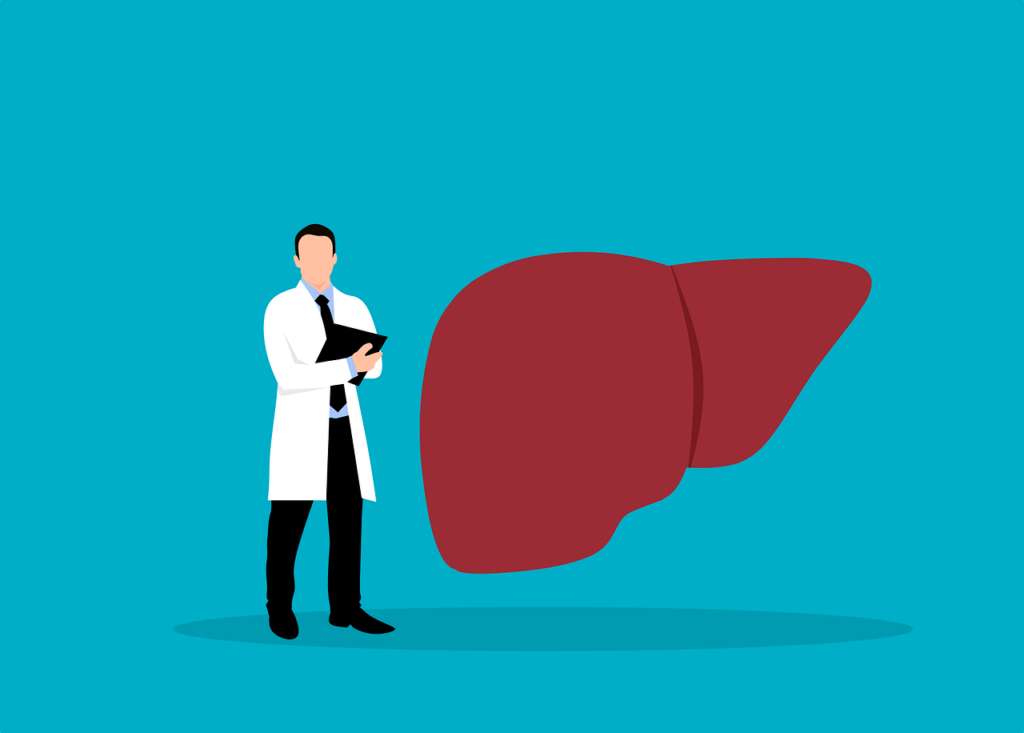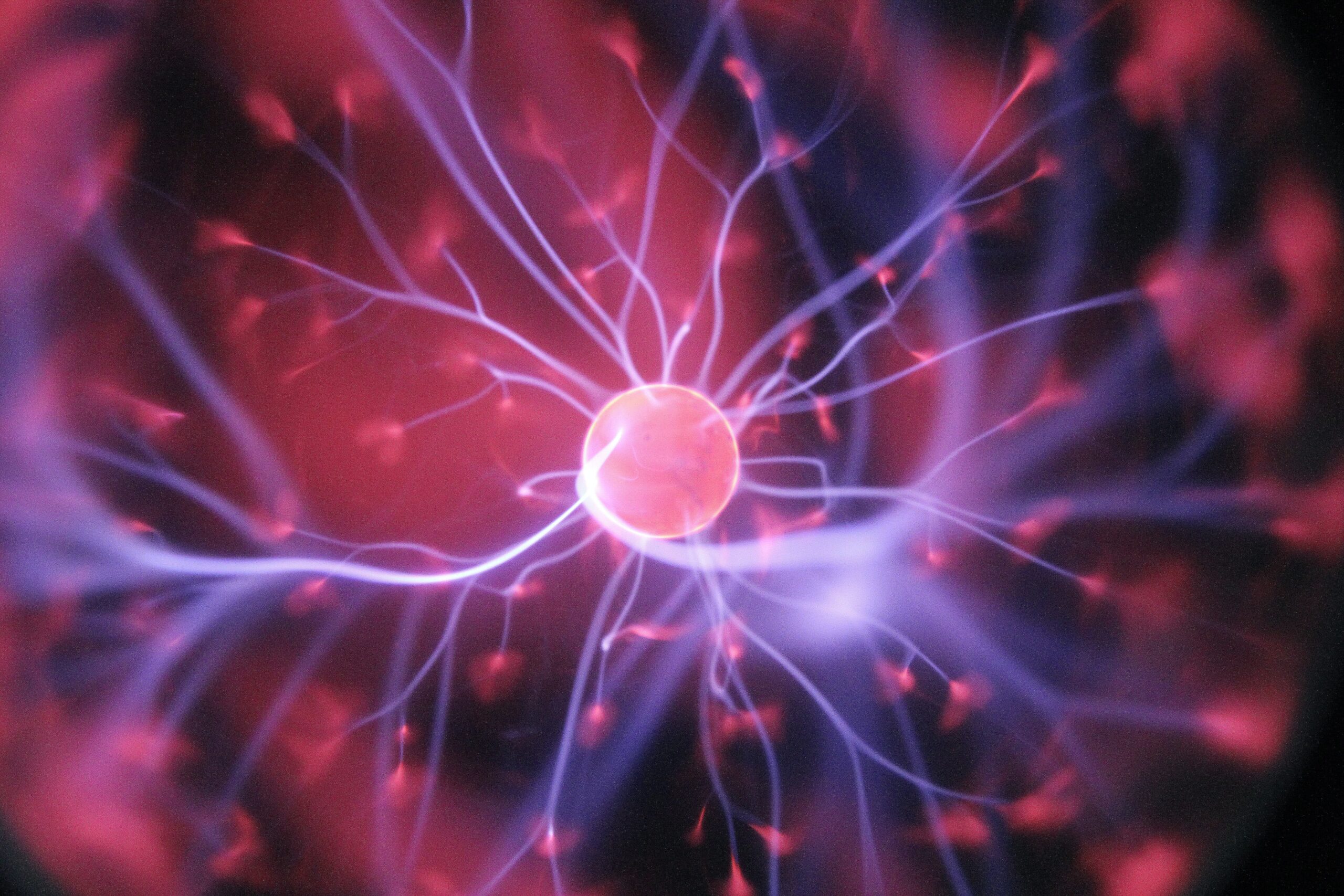The liver is a remarkable organ responsible for filtering toxins, processing nutrients, and keeping your body in balance. Its ability to regenerate and heal itself is often taken for granted, but like any system, it has its limits. When those limits are pushed, whether by lifestyle choices or environmental factors, the liver may begin to struggle in ways that aren’t immediately obvious. Recognizing the early signs your liver needs detoxing is not just about avoiding a potential crisis—it’s about maintaining long-term health and vitality.
Liver detoxification is a process that ensures your body can effectively remove harmful substances, whether from the environment, your diet, or habits like drinking alcohol. The liver works tirelessly to keep your system clean, but when it’s overburdened, the effects can ripple throughout your body. Understanding when your liver might be asking for help is essential, especially if you’ve been exposed to factors that can compromise its function. Detecting the signs early can make a significant difference in preventing more serious conditions down the line.
Understanding the Liver’s Role in Detoxification
The liver’s role in detoxification is both complex and essential. Every day, it processes everything from the food you eat to the air you breathe, filtering out toxins and converting them into less harmful substances. When you consume alcohol, for example, the liver breaks it down into byproducts that can be eliminated from the body. This process is continuous, but it’s not without limits. Over time, excessive exposure to toxins, whether from alcohol or other sources, can overwhelm the liver, leading to a buildup of harmful substances that the body struggles to eliminate.
Liver health is more than just a reflection of your body’s ability to handle a night out or a poor diet. It’s a cornerstone of overall well-being. When the liver starts to falter, the effects can be felt throughout the body. The early signs of liver distress might seem unrelated—fatigue, digestive issues, or skin problems—but they can be early warnings of more serious conditions. If left unchecked, poor liver health can lead to chronic liver disease, cirrhosis, or even liver failure. The consequences are not just physical; they can affect your quality of life, limiting what you can do and how you feel every day. Recognizing the signs early isn’t just about prevention; it’s about preserving your liver health for the long term.
Find local mental health and addiction treatment covered by insurance. Start your journey to recovery today.
The 10 Signs Your Liver Needs Detoxing
Here are ten key indicators you can start looking out for immediately to assess whether your liver might need detoxing. These signs could signal that your liver is under strain and not functioning optimally. By paying attention to these symptoms, you can take proactive steps toward improving your liver health and overall well-being.
Sign 1: Persistent Fatigue
Fatigue that lingers beyond the usual wear and tear of daily life can be a subtle yet telling sign of liver dysfunction. The liver is responsible for filtering out toxins, and when it’s overwhelmed, those toxins can accumulate in the bloodstream, affecting your energy levels. Chronic tiredness, even after adequate rest, could be a signal that your liver is struggling to keep up with the demands placed on it.
Sign 2: Digestive Issues
Your liver plays a key role in digestion, particularly in the production of bile, which helps break down fats. When the liver is stressed, digestive issues can arise, including bloating, constipation, or indigestion. If you find yourself consistently uncomfortable after meals or dealing with irregular bowel movements, it might be time to consider whether your liver is under strain.
Sign 3: Yellowing of the Skin or Eyes (Jaundice)
Jaundice is one of the most recognizable signs of liver distress. It occurs when the liver is unable to process bilirubin, a byproduct of red blood cells, leading to a yellowing of the skin and eyes. This isn’t just a cosmetic issue; it’s a clear indicator that the liver is not functioning properly and requires immediate attention.
Sign 4: Unexplained Weight Gain
If you’ve noticed weight gain that doesn’t align with changes in your diet or activity levels, your liver could be part of the equation. A sluggish liver can struggle to metabolize fats efficiently, leading to their accumulation in the body. This can contribute to weight gain, particularly around the abdomen, and make it harder to lose weight, even with diet and exercise.
Sign 5: Dark Urine or Pale Stool
Changes in the color of your urine or stool can be a sign that your liver is having trouble processing waste. Dark urine, especially when you’re hydrated, and pale or clay-colored stools can indicate that bile production or flow is compromised. These changes are often overlooked but can be an early warning that your liver needs attention.
Sign 6: Frequent Headaches or Brain Fog
The liver’s detoxification role extends to protecting the brain from harmful substances. When the liver is overwhelmed, toxins can affect cognitive function, leading to frequent headaches, difficulty concentrating, or a sense of mental fog. If these symptoms persist, it might be worth considering whether your liver is performing at its best.
Sign 7: Skin Problems (e.g., acne, rashes)
Your skin can be a window into your liver’s health. Acne, rashes, or other skin issues can sometimes be linked to a liver that’s struggling to filter toxins effectively. When the liver is overburdened, toxins may find alternative ways to exit the body, including through the skin, leading to breakouts or irritation.
Sign 8: Abdominal Pain or Swelling
Pain or swelling in the upper right abdomen, where the liver is located, can be a sign of liver inflammation. This discomfort might feel like a dull ache or pressure and can sometimes be accompanied by a feeling of fullness or bloating. Ignoring this pain can lead to more severe complications, so it’s important to take note of any persistent discomfort.
Sign 9: Unusual Sensitivity to Alcohol or Medications
If you find that you’re becoming unusually sensitive to alcohol or medications—experiencing stronger effects or needing lower doses—this could be a sign that your liver is not processing these substances as efficiently as it should. The liver’s ability to metabolize alcohol and drugs can be compromised when it’s overworked, leading to increased sensitivity.
Sign 10: Hormonal Imbalances
The liver plays a vital role in regulating hormones, particularly by breaking down and eliminating excess hormones from the body. When liver function is impaired, this balance can be disrupted, leading to symptoms like irregular menstrual cycles, mood swings, or changes in appetite. Hormonal imbalances are often subtle but one of the significant signs your liver needs detoxing.
Are You Ready to Get Sober?
Call Today and Reclaim Your Life1-888-546-6005
Steps to Support Liver Health After Recognizing the Signs
Recognizing the signs that your liver may need support is the first step toward better health. By understanding these indicators, you’re already on the path to making positive changes. Below, we’ll outline specific steps you can take to help your liver recover and function at its best, ensuring your overall well-being is maintained.
Abstinence from Alcohol
When the liver sends signals that it’s under strain, one of the most effective responses is to reduce or eliminate alcohol consumption. Alcohol is a well-known liver stressor, and even moderate drinking can add to the burden if your liver is already struggling. By giving the liver a break, you allow it to focus on repair and recovery. This doesn’t have to be a permanent change for everyone, but a period of abstinence can make a significant difference in restoring liver function.
Adopt a Liver-Friendly Diet
What you eat can have a profound impact on your liver’s ability to detoxify and regenerate. Incorporating foods that support liver health is a simple yet powerful way to assist your liver in its detoxification processes. Leafy greens, such as spinach and kale, and cruciferous vegetables, like broccoli and cauliflower, are rich in antioxidants and phytonutrients that help the liver break down and eliminate toxins. Additionally, foods high in omega-3 fatty acids, such as salmon and walnuts, can help reduce inflammation and support liver function. The key is consistency—making these foods a regular part of your diet rather than an occasional addition.
Regular Exercise
Physical activity isn’t just good for your heart and muscles; it also benefits your liver. Exercise improves circulation, which in turn helps the liver process and eliminate toxins more efficiently. Engaging in regular aerobic activities, such as brisk walking, cycling, or swimming, can also help maintain a healthy weight, reducing the risk of fatty liver disease. The goal isn’t to overexert yourself but to incorporate movement into your daily routine, ensuring your liver receives the support it needs to function optimally.
Proper Hydration
Water is often overlooked in discussions about liver health, but staying hydrated is essential for efficient detoxification. The liver relies on water to help flush out toxins from the body. When you’re dehydrated, the liver’s ability to perform this function is compromised, which can lead to a buildup of waste in the system. Drinking plenty of water throughout the day, especially if you’ve noticed any signs of liver distress, can help maintain the balance your liver needs to function properly. Hydration also aids in digestion and nutrient absorption, both of which are critical to supporting liver health.
Tip: Start with simple changes. Prioritize staying hydrated and getting consistent, restful sleep to give your liver the time and space it needs to detox and repair itself. Celebrate these small steps with healthy rewards, and practice self-compassion along the way. Over time, these small victories can significantly improve your self-esteem and positively shift your overall outlook on life.
When to Seek Professional Help
Consulting a Healthcare Professional
There comes a point when managing liver health on your own may not be enough. If you’ve identified multiple signs of liver distress or if symptoms have worsened despite making lifestyle changes, it’s essential to seek medical advice. A healthcare professional can provide a thorough evaluation, including blood tests and imaging studies, to assess liver function and determine the extent of any damage. Early intervention can prevent further deterioration and open the door to treatments that can halt or even reverse liver issues. Ignoring persistent symptoms or hoping they will resolve on their own can lead to more severe complications, so timely consultation is key.
Professional Detox Programs
For individuals dealing with severe liver damage, especially those related to prolonged alcohol abuse, professional detox or rehabilitation programs may be necessary. These programs offer a structured approach to liver detox, often under medical supervision, ensuring that the process is safe and effective. In cases of advanced liver disease, detox programs can also include support for managing withdrawal symptoms and preventing relapse. This level of care is particularly important when the liver’s ability to process toxins is significantly impaired. Beyond detox, rehabilitation programs often address the underlying causes of alcohol dependency, offering long-term strategies for maintaining both liver health and overall well-being.
Supplements and Liver Detox
Incorporating the right supplements can play a supportive role in your liver’s detoxification process. While diet and lifestyle are key, certain supplements may offer additional benefits for liver health. Below, you’ll find guidance on how supplements can contribute to a more effective liver detox.
Liver-Supporting Supplements
When it comes to supporting liver health, certain supplements have gained attention for their potential benefits. N-acetyl cysteine (NAC), milk thistle, and alpha-lipoic acid are among the most researched options. NAC, a precursor to the antioxidant glutathione, is often used to help the liver combat oxidative stress and enhance liver detox processes. Milk thistle, known for its active compound silymarin, has been traditionally used to protect liver cells from toxins and promote regeneration. Alpha-lipoic acid, another powerful antioxidant, helps reduce inflammation and supports the liver’s metabolic functions.
How Supplements Help
While supplements can offer additional support for liver detoxification, they are most effective when combined with a healthy lifestyle. These supplements don’t replace the need for proper nutrition, exercise, and hydration; rather, they work alongside these habits to bolster the liver’s natural detox abilities. NAC, for instance, may help replenish glutathione levels that are depleted by chronic alcohol consumption or environmental toxins. Milk thistle can aid in protecting the liver from further damage while facilitating the repair of existing damage. Alpha-lipoic acid enhances the liver’s ability to process and eliminate toxins, contributing to overall liver function. However, these benefits are best realized when the body is already being supported by balanced nutrition and a toxin-reducing lifestyle.
Consult with a Professional
Before starting any supplement regimen, it’s important to consult a healthcare provider. Supplements, while helpful, can interact with medications or underlying health conditions in ways that aren’t always predictable. A healthcare professional can provide guidance on whether these supplements are appropriate for your specific situation and help determine the right dosages. This approach ensures that any supplementation complements your broader efforts to support liver health without unintended consequences.
Prevention and Long-Term Liver Care
Long-term liver care is about adopting habits that support its health and prevent potential issues. By focusing on prevention, you can help your liver function optimally over time. The guidance below will help you maintain a healthy liver for years to come.
Preventing Liver Problems
Preventing liver issues is often more straightforward than dealing with the consequences of neglect. Moderation is key—whether it’s alcohol consumption, processed foods, or exposure to environmental toxins. A balanced diet, rich in whole foods, can provide the nutrients your liver needs to function effectively. Regular check-ups with your healthcare provider can also catch potential liver issues early before they develop into more serious conditions. Incorporating liver-friendly practices into your routine, like maintaining a healthy weight and avoiding excessive intake of substances that stress the liver, can significantly reduce your risk of liver disease.
Maintaining Liver Health Over Time
Long-term liver health isn’t about drastic changes; it’s about consistent, sustainable habits. A lifestyle that supports liver function includes a balanced diet, regular physical activity, adequate hydration, and minimizing exposure to toxins. Avoiding the pitfalls of crash diets and quick-fix detoxes, which can actually strain the liver, is also important. Instead, focus on a steady approach that promotes overall well-being. Regular liver function tests, part of routine health care, can provide valuable insights into how well your liver is doing over time. By maintaining these practices, you not only support your liver but also enhance your overall health and quality of life.
Liver Detox Signs: Summary
Addressing liver health requires both awareness and action. The signs your liver needs detoxing—persistent fatigue, digestive issues, jaundice, and more—are not just symptoms to be brushed aside. They signal that your body needs support, and responding to them early can prevent more serious complications down the line.
It takes courage to confront health issues, especially those that may be tied to long-standing habits or lifestyle choices. But making these changes isn’t just about today—it’s about ensuring a healthier future for yourself and your loved ones. Your family and your future self will thank you for the steps you take now to prioritize your liver health.
If you or someone you know needs more than lifestyle adjustments, consider using the resources available in our addiction treatment and mental health directory. Whether you’re searching for a rehab facility near your zip code or seeking professional support, these tools can help guide you on the path to better health.







